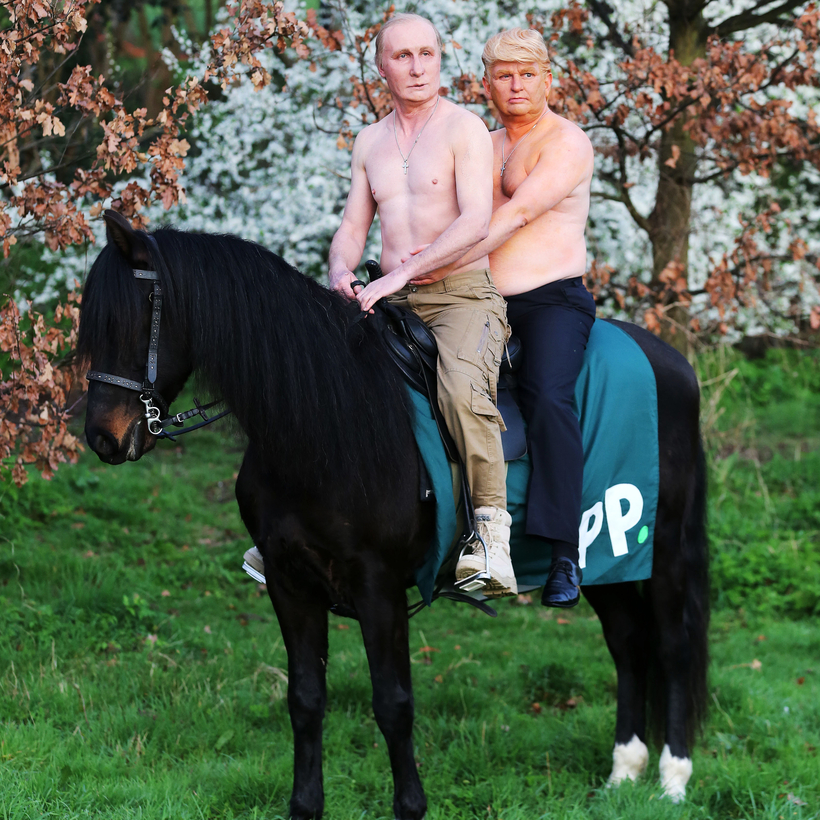Make Russia Great Again by Christopher Buckley
It’s almost impossible to spoof the Trump White House because no parody sounds as ludicrous as much of what comes out of there.
Try it—

It’s almost impossible to spoof the Trump White House because no parody sounds as ludicrous as much of what comes out of there.
Try it—